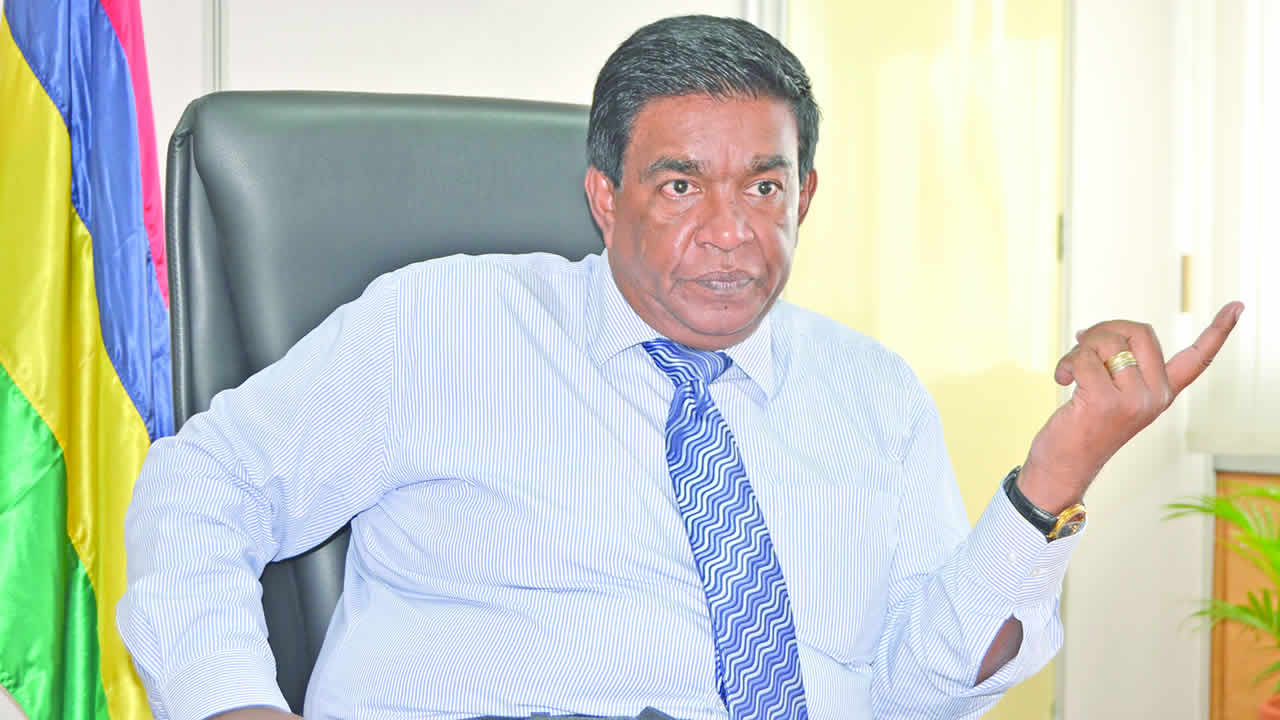
The Creative Industry has the potential to become an economic pillar. Mauritius is poised at this crossroad in its quest for sustainable development to create an enabling environment for creativity to flourish. The Minister of Arts and Culture, Mr Prithvirajsing Roopun, made this statement during the second reading of the Copyright Amendment Bill No 13 of 2017 at the National Assembly.
He further highlighted that one of the major priorities of Government is to support artists for a better integration in the mainstream of economic development while optimising the potential of the creative sector for economic growth and social inclusion.
Minister Roopun explained the rationale of presenting the Copyright Amendment Bill which he said will incorporate the recommendations of a high powered committee set up since January 2016 to review the Copyright Act 2014; examine the weaknesses of the existing Act so as to safeguard the interest of artists; and bring the necessary amendments, as far as possible to the existing Act in light of suggestions made by the stakeholders.
Moreover, he added that the assistance from the World Intellectual Property Organisation was also sought in addition to suggestions received from the International Federation of the Phonographic Industry. He pointed out that two experts delegated by UNESCO are having extensive consultations and working sessions with artists, officials of various ministries and other major stakeholders to ensure that the foundation is set for the elaboration of the Status of Artist legislation.
The CSR Guidelines
Answering to a PQ of MP Adil Ameer Meea, the Minister of Social Integration and Economic Empowerment, Alain Wong Yen Cheong, stated that the National CSR Foundation, in line with its charter, intervenes in 10 priority areas :
(i) socioeconomic development;
(ii) educational support and training;
(iii) social housing;
(iv) supporting persons with disabilities;
(v) dealing with health problems;
(vi) family protection, including gender-based violence;
(vii) leisure and sport;
(viii) environment and sustainable development;
(ix) peace and nation building, and
(x) road safety and security.
Based on the philosophy of a charter, the Foundation has worked out the guidelines for the allocation of funds to NGOs for the implementation of projects. The guidelines, which are available on the website of the National CSR Foundation, comprise, inter alia –
(i) relevance of projects;
(ii) effectiveness of projects;
(iii) expertise, experience of the NGOs, and
(iv) sustainability of the project.
 J'aime
J'aime














